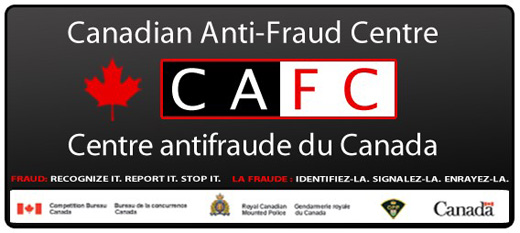Purpose
This bulletin was prepared to provide information and preventative measures when it comes to rental scams.
Long-Term Rentals
Fraudsters create classified ads for property rentals that are available in ideal locations. The ads are posted with below-average prices to attract more consumers. Potential tenants receive a rental application that asks for personal information. Consumers give their contact, banking, job and payment details.
Fraudsters say that they are out of the country. As a result, they are looking to rent the property quickly and to a good person. Fraudsters may say that they are unavailable to show the rental. Yet, if the potential tenant is serious, they are asked to send a deposit and the fraudsters will express ship the keys to the consumer.
Once an offer is accepted, consumers are instructed to send first and last months’ rent. Fraudsters often ask for money through a money service business, email money transfer or bank wire. Fraudsters may also give more reasons for consumers to send more money. The consumer is told that, if they are not happy with the rental, the fraudsters will issue a full refund. Once the ads are deleted, communication with the fraudsters is no longer available. No keys are ever received and no rental exists.

Short-Term / Vacation Rentals
Fraudsters create classified ads for vacation property rentals in popular tourist destinations. The ads are posted on trusted websites or the fraudsters mimic known vacation sites. Interested consumers will receive prompt responses from the fraudsters. Their desired travel dates are always available.
To secure the booking, fraudsters will ask that a payment is made quickly. They may ask for a wire transfer or for money sent through a money service business. Fraudsters may also recommend a fake secure payment processor. This payment processor is only available outside of the trusted website. Finally, fraudsters may also offer a discount if the reservation is paid in full.
In the end, there is no new reservation linked to the consumer’s account with the trusted website. Consumers will lose the ability to contact the fraudsters. In the worst cases, consumers will not realize they are victims until they arrive and there is no rental.
Warning Signs – How to Protect Yourself
- Complete an online search for the property’s address to make sure it is not a duplicate post. Fraudsters often create their ads by copying the ad of a property that is listed for sale or recently sold.
- Research the market value for the area and be wary of prices that are lower than the average.
- Whenever possible, physically visit the property. Schedule a showing and confirm it is available.
- Request a lease agreement and review it thoroughly.
- Do not send money to strangers.
- When entering into a rental agreement through a trusted service provider, you must use their payment provider to be eligible for their refund/cancellation policies.
- Contact Equifax and Transunion if you have provided sensitive information on applications.
- Trust your instincts. If it seems too good to be true, it probably is.
If you think you or someone you know has been a victim of fraud, please contact the Canadian Anti-Fraud Centre at www.antifraudcentre.ca




